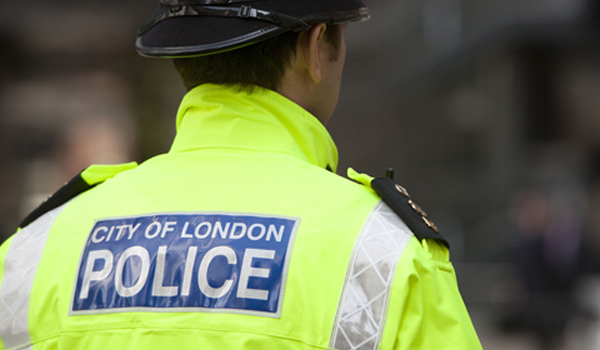New body-worn video will help officers combat crime
BT has unveiled its new Body Worn Video which is designed to help detect and record crime and improve police operational efficiency by capturing evidence without impeding an officers day-to-day activities.

BT has unveiled its new Body Worn Video which is designed to help detect and record crime and improve police operational efficiency by capturing evidence without impeding an officers day-to-day activities.
The launch follows the announcement in July by Police Minister Tony McNulty of £3 million funding to enable police forces to take advantage of the benefits of body worn video cameras.
The benefits of BTs Body Worn Video include:
- Helps improve conviction rates.
- Helps improve early guilty pleas, saving police and court time.
- Supports victims of domestic abuse, as courts can see the reaction of the offender at the time of police attendance, reinforcing the need for action.
- Provides an audit of how police behaved, that can be used for training and development purposes, and to negate malicious complaints.
- Enables rapid acceptance of evidence in public order offences by solicitors and offenders, especially useful when the offender is unable to recall the incident due to drink or drugs.
The easy-to-use body video includes an automatic day/night camera, two-touch on/off switch, so that it cant be accidentally turned off, and safety cables to protect officers.
The BT Body Worn video consists of a small, head-mounted lightweight, high-resolution camera. The images captured by the camera are stored on a high capacity, body worn, 100Gb digital video recorder able to store up to 400 hours of MPEG-4, 25 frames per second, colour video. Time/date and unit ID are embedded in the video frames and security software ensures that evidence cannot be deleted from hard drive. Once back at the station the officer can easily transfer the recorded video to a PC.
The system was used in a successful trial with Devon & Cornwall Police, the National Police Improvement Agency (NPIA) and the Home Office Scientific Development Branch.
The trial involved 300 police officers and resulted in a 7 per cent increase in convictions; a 22 per cent fall in the amount of officer time spent on paperwork; and 50 additional minutes spent on patrol during each nine hour shift.


